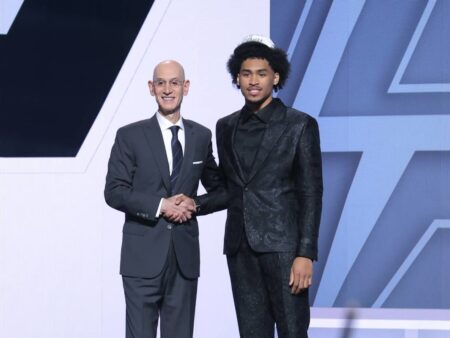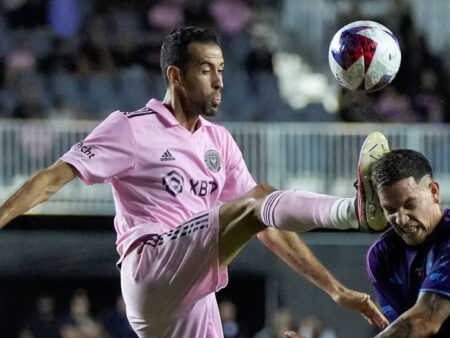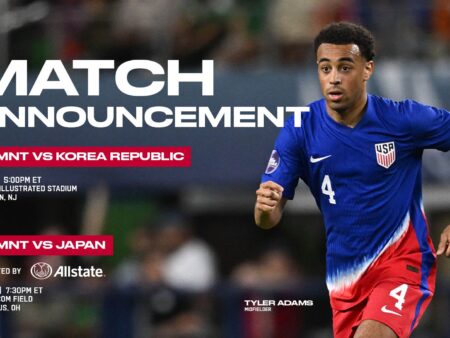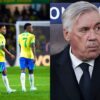Red Bull team principal Christian Horner believes Formula 1`s race director should make quicker, more definitive judgments during races. He argues this would prevent teams from having to `second-guess` the decisions of stewards, citing the tumultuous end to Max Verstappen`s Spanish Grand Prix as a prime example.
Verstappen`s contentious collision with George Russell on lap 64 – an incident the four-time world champion later admitted `shouldn`t have happened` – occurred on the lap Red Bull instructed him to cede his position to the Mercedes driver. This instruction was a direct result of an earlier incident.
Three laps prior, during a chaotic restart after a late Safety Car period, Verstappen had run wide off track while battling Russell. The two cars touched wheels as Russell attempted an overtake into Turn One, but Verstappen stayed ahead despite going off-track. Race Control noted this initial incident for investigation.
Anticipating that stewards would likely impose a time penalty for the Turn One incident based on F1`s revised Driving Standards Guidelines and recent precedents, Red Bull decided to act proactively. They asked Verstappen to give the position back to Russell, a call the already-frustrated Dutchman disputed over team radio. Shortly after, Verstappen hit Russell`s car, for which he was handed a 10-second penalty.
However, it only became clear after the race, upon the release of the FIA`s official documents, that stewards would not have penalised Verstappen for the original Turn One incident. Stewards stated that Russell had triggered the contact by `momentarily lost control of the car`, thereby forcing the Red Bull off track. Based on this, no further action for the first contact was deemed necessary.
Speaking after the race, Horner explained the logic behind Red Bull`s instruction for Verstappen to drop behind Russell before any official steward decision was communicated. “The way that these regulations are now, it`s all about where that front axle is,” the Red Bull boss noted, referencing the specific rules drivers are operating under. He added, “We`ve seen so many occasions this year where penalties have been given… The next thing is you`re expecting to get a penalty, so that`s why it was, `OK, do you know what? We`re going to have to give this place up.`”
When asked if it had been a mistake in hindsight to ask Verstappen to cede the position, Horner conceded, “Yes.” However, he immediately argued for a change in procedure: “I think that`s where it would be nice, as the referee, as the race director, to either say play on or you need to give it back.” He stressed the difficulty for teams to make such subjective decisions in the heat of the moment, relying on historical precedence and trying to anticipate the thinking of both stewards and the race director. Horner believes it would be more beneficial for the race director to make the immediate call, clarifying whether a position must be surrendered or if a penalty is forthcoming, instead of teams being forced to “second-guess what the stewards are going to do.”
Horner Calls for Better Communication with Race Control
Horner also touched upon the current communication structure with Race Control. Since the 2022 season, direct radio conversations between team principals and the race director were restricted, with only sporting directors permitted to make contact following issues in the 2021 title fight. Asked if teams can still contact the race director, Rui Marques, Horner stated, “Yes, but you get nothing back. So you ask the question, but you get nothing back.”
He lamented the lack of feedback, contrasting it with past practices where teams “used to get some guidance,” which made subjective calls less ambiguous. Horner mentioned reviewing slow-motion replays of the Turn One incident, finding it “really 50-50” and questioning whether Russell would have successfully made the corner (it appeared he might have). This uncertainty contributed to the team`s defensive decision to instruct Verstappen to give the place up. Horner indicated that he plans to raise this issue within the F1 Sporting Advisory Committee.









